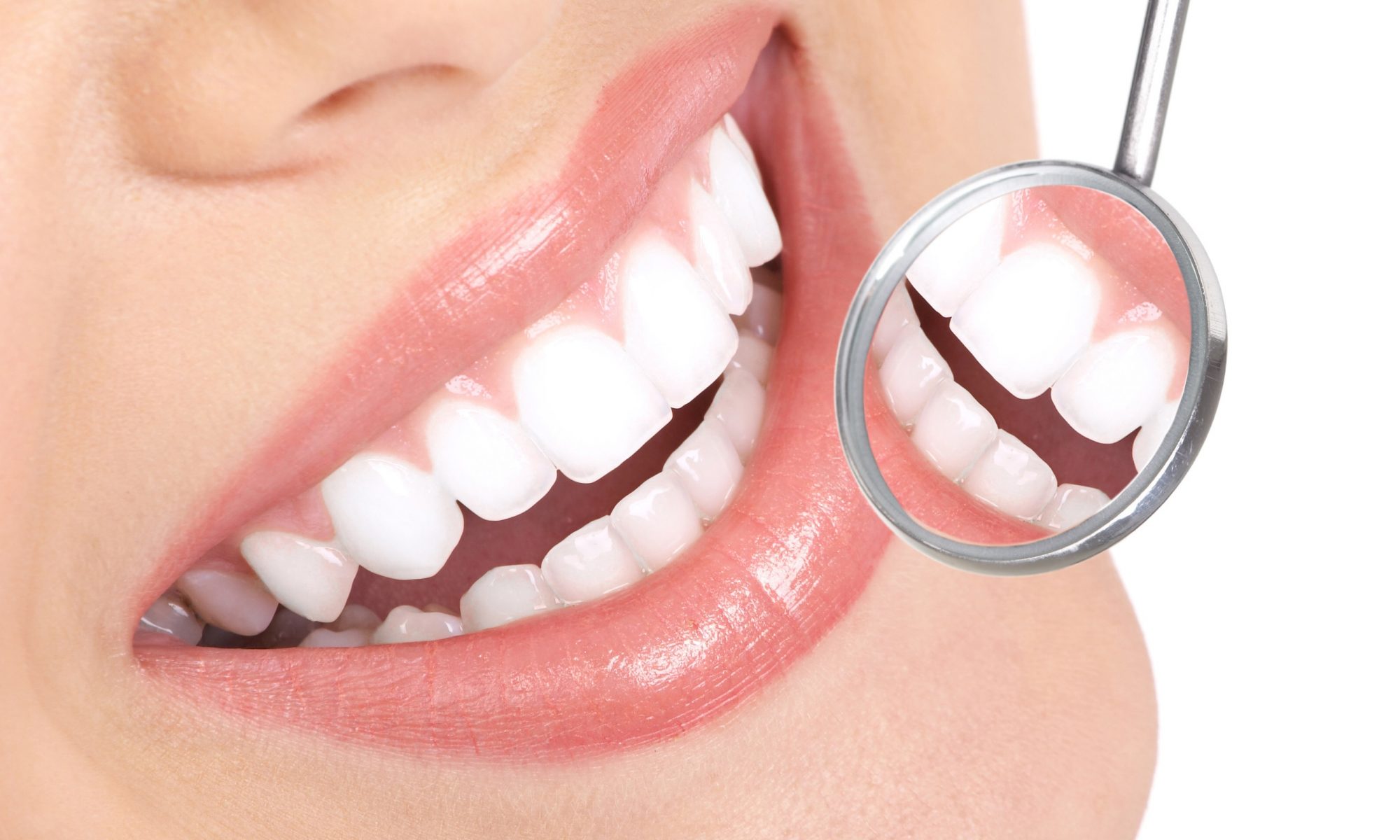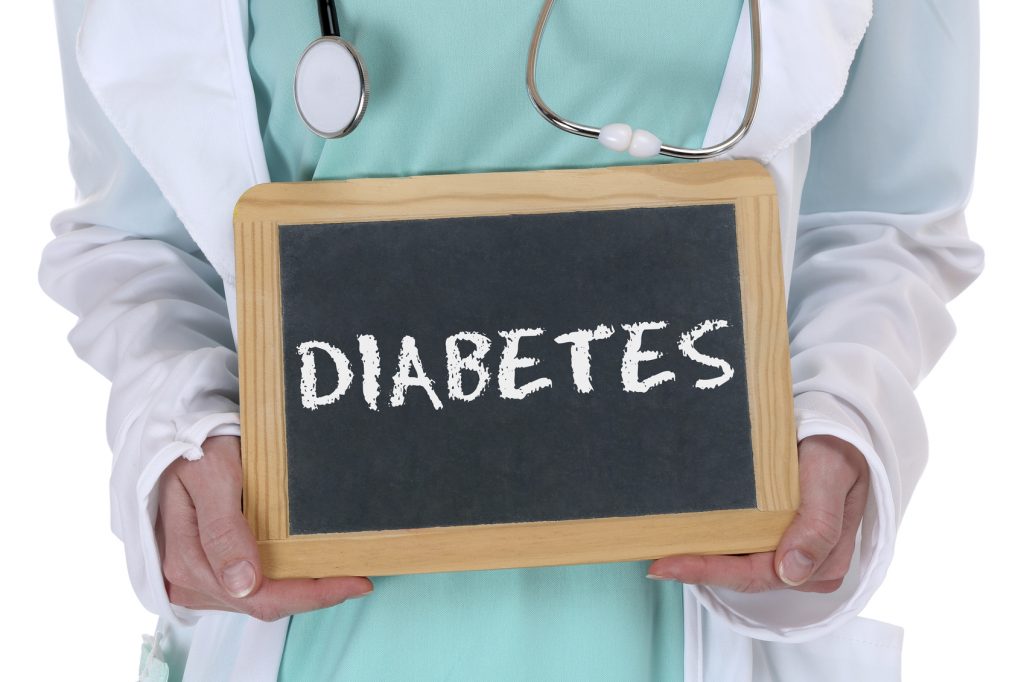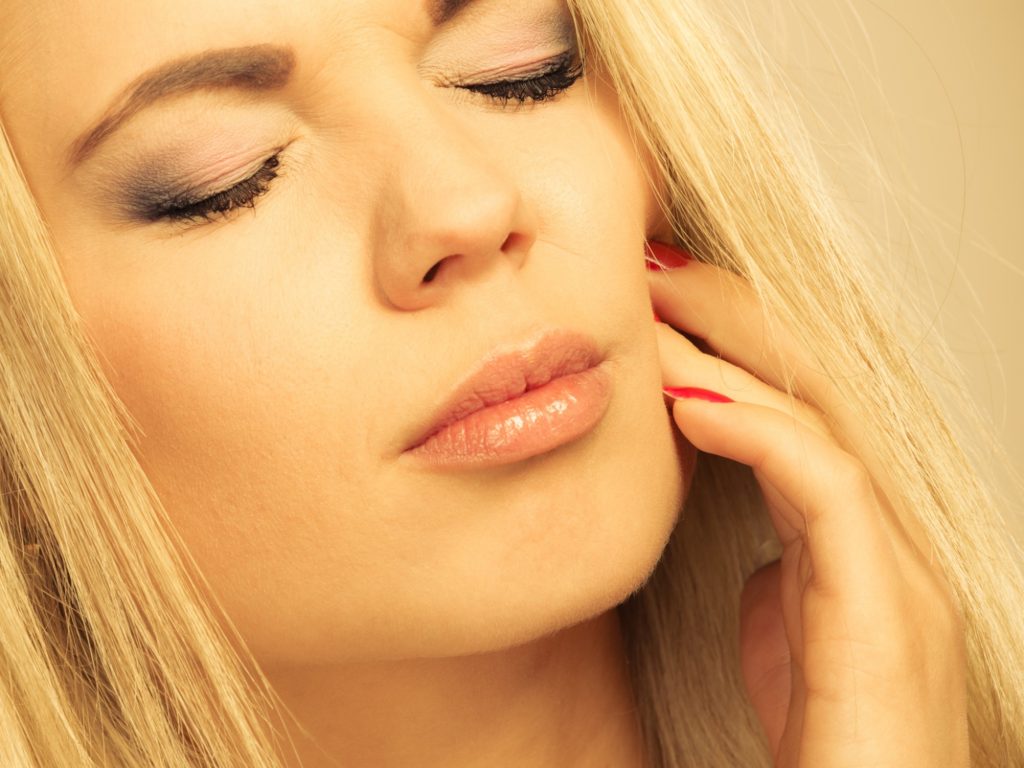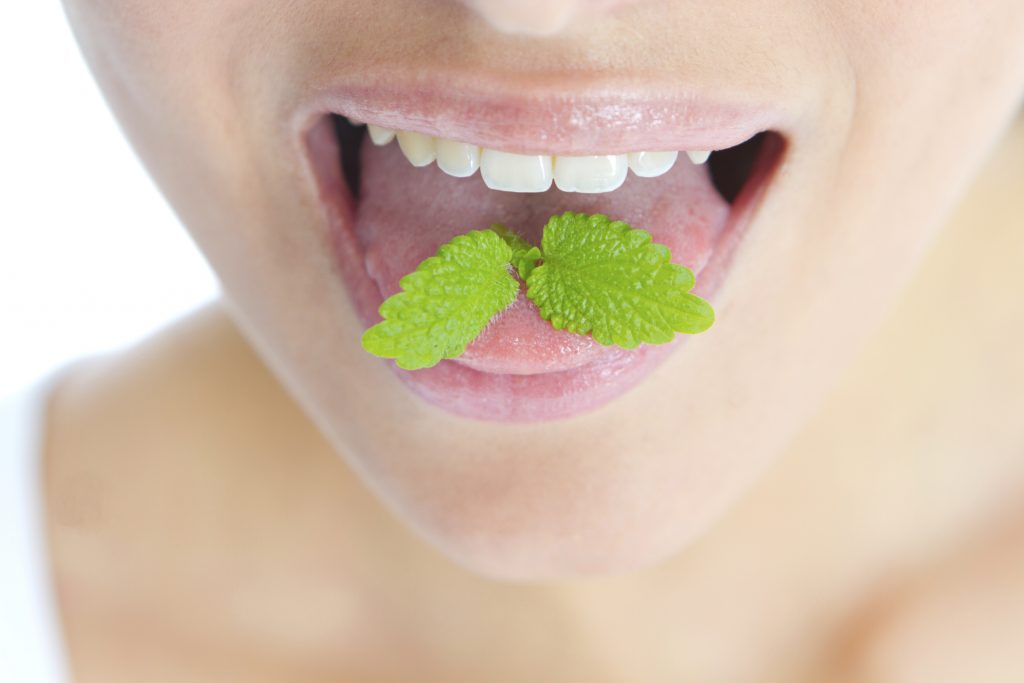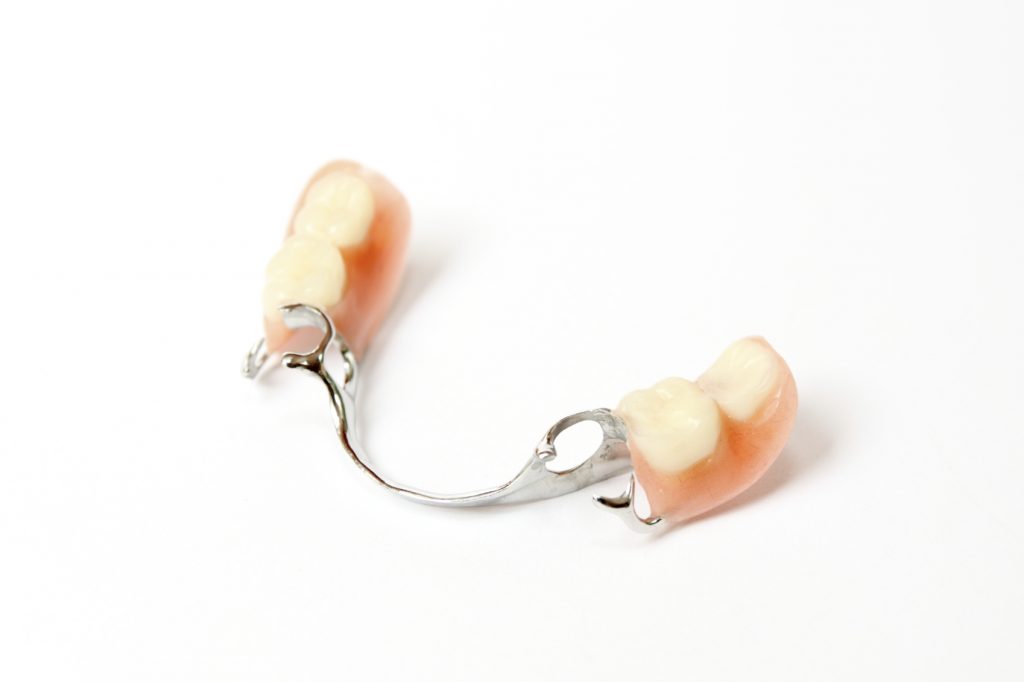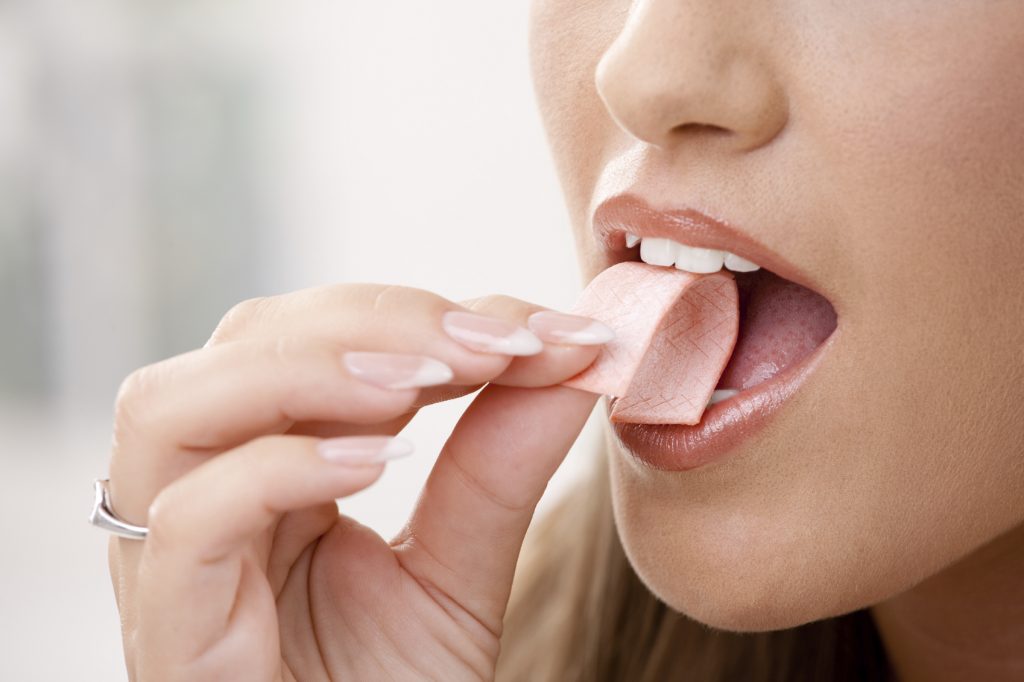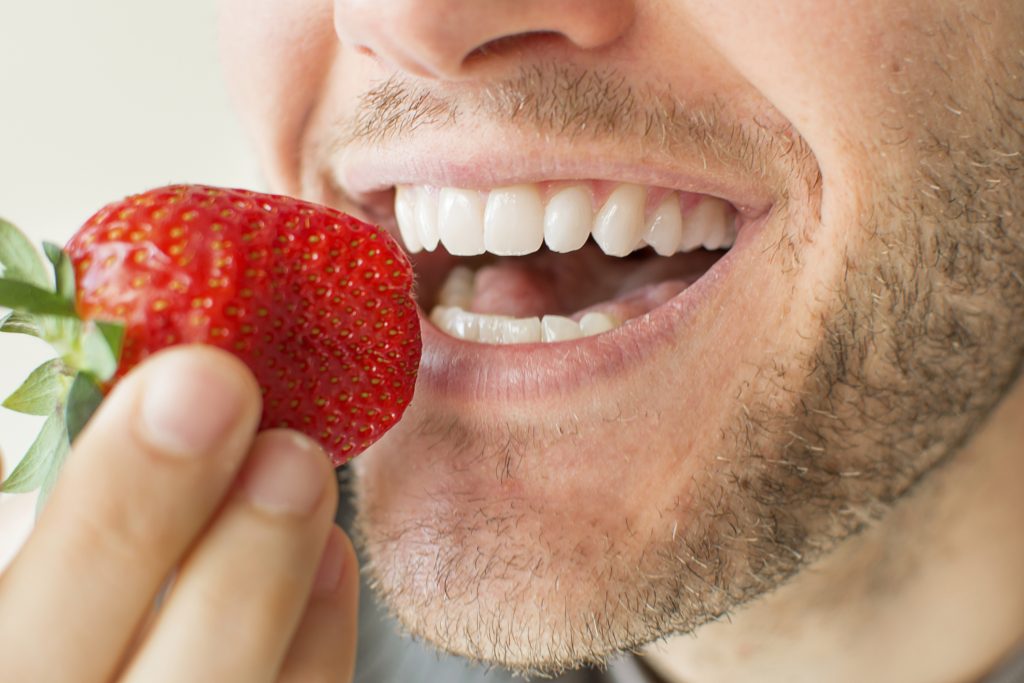So, you have decided to make the investment and embark on the journey to get porcelain veneers. Once the process is over, you feel more confident than ever to show off your pearly whites to the world. Yet, when you are home taking care of them, you’re worried about damaging, stinging or otherwise failing to properly care for them. Here are some best care practices to consider to maintain your porcelain veneers for years to come.
Stop Clenching and Grinding- This bad habit is a great way to chip or break your veneers over time. Bruxism, or the grinding of teeth at night, can be avoided by incorporating a night guard when you sleep. Reducing stress or finding alternative means to clenching your teeth will also go a long way in maintaining your new pearly whites.
Avoid Unnecessary Force- Nail biting, chewing ice, and forceful brushing can break or dislodge a veneer; they can also be the reason your dentist recommended veneers, to begin with. It’s important to make an effort to avoid these habits for the longevity of your veneers.
Good Oral Hygiene- Maintaining good oral hygiene such as regular brushing, flossing, and incorporating a mouthwash is great for your natural teeth and veneers. Veneers are placed along the gemlike to retain the appearance of being natural, so it’s important to keep your oral hygiene up to avoid a receding gemlike that may expose the veneer.
Limit Staining- Porcelain is a material that resists stains, but the dental cement used to keep them in place unfortunately is not. Coffee, tobacco, wine and any other food and beverage that may stain your teeth will stain the cement over time. Eventually, if not properly cared for along the way, the cement will become discolored and look odd against your veneers – or even start to make your veneers look discolored by association.
If you have questions or concerns about best care practices, make an appointment today with Dr. Schnall at 212-247-7059 or visit our website at www.philipschnalldmd.com.
Dr. Philip Schnall proudly serves Central Park West and all surrounding areas.
